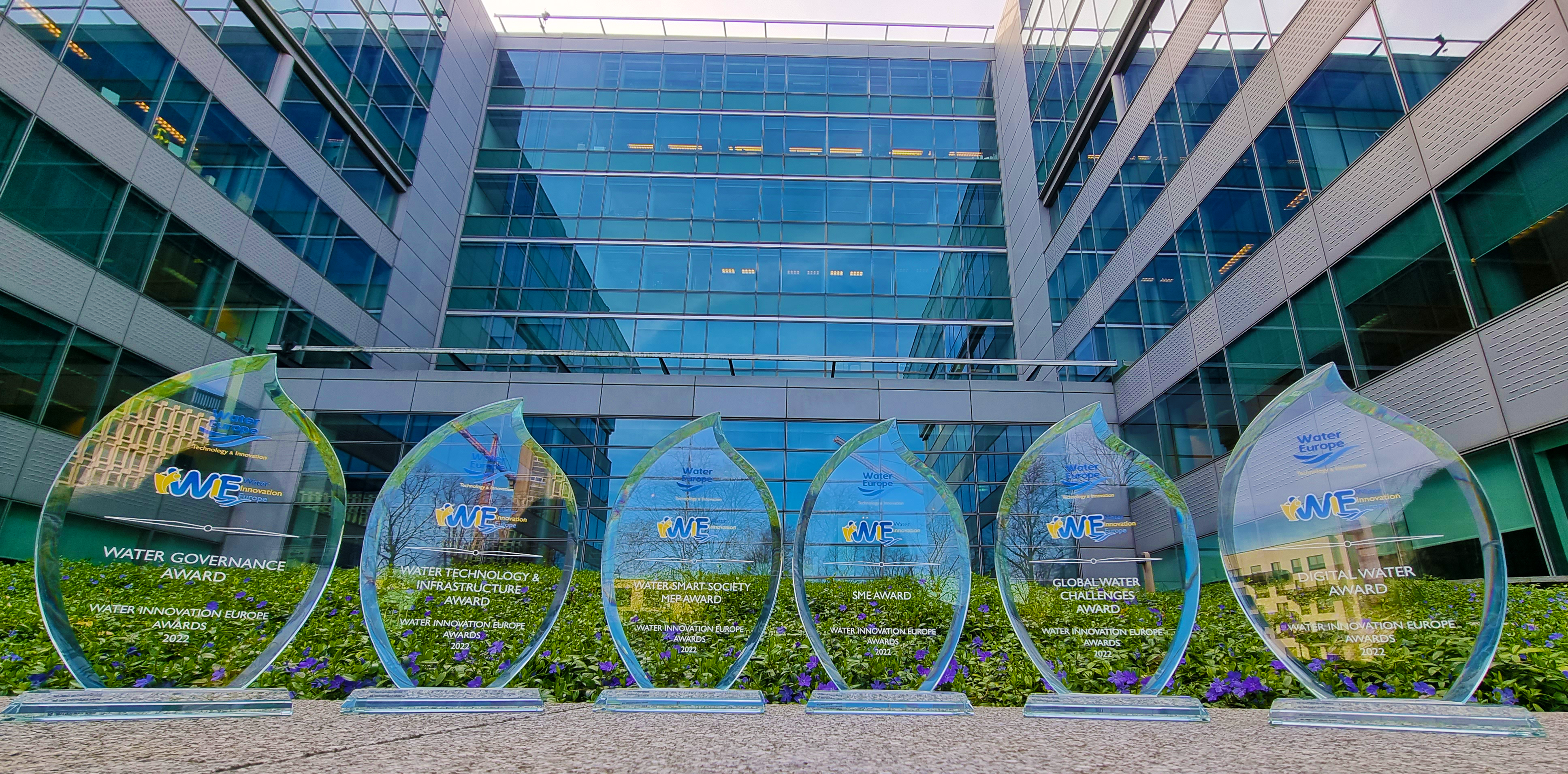
Alex Mung
Head of Water Initiative, World Economic Forum
Water is the number 5 global risk of highest impact in the next decade, as ranked in the World Economic Forum’s 2018 Global Risks Report. In examining the top global risks of highest likelihood and impact over a 10-year horizon, all but one can be linked to water.
Featuring prominently in that group is a cluster of environmental risks, including extreme weather events, natural disasters, climate change & adaptation, man-made environmental disasters, and biodiversity loss & ecosystem collapse. Water’s link to each of these is evident through droughts, floods, and mis-management of water. Equally, geopolitical and societal risks in the form of food security, involuntary migration, and inter-state conflict being triggered by water insecurity are well documented.
While the international water community has for years pointed to these links, the Global Risks Report represents the perspectives of nearly 1,000 decision-makers from across public and private sector. These are not dedicated water or environment professionals, but rather risk officers from companies and experts from institutions around the world, who have identified this interconnected set of risks and signaling their concern for the global economy and value chains.
Even more sobering is while we have seen the emergence and disappearance of other global risks – including the financial crisis, and chronic disease – over the past decade, water has stubbornly remained in the top 5 for seven consecutive years.
What will it take for water to finally disappear from the list?
While the foundations of water resource management – such as strengthening governance and policy, enhancing capacity, and building public-private cooperation – must continue to progress, the emergence of transformative technology has significant potential in supporting, accelerating and scaling this work.
Could blockchain technology be applied to create transparent and verifiable water allocation and market schemes that reflect true values of water? Or could a combination of advanced satellite imagery, big data, and artificial intelligence help improve real-time, actionable information for city officials to predict and manage any future Cape Town “Day Zero” scenarios?
These technologies – what we call the Fourth Industrial Revolution – are being applied in other sectors. Why not water?
This is the next chapter of the World Economic Forum’s Water Initiative, called Water Security Rewired.
As the International Organization for Public-Private Cooperation, we are using our platform and networks to support a community of water leaders and technology innovators to explore and understand the realm of possibility, including its limitations. Water Security Rewired will help spark new ideas, collaborations and lay the groundwork for next generation technologies to emerge. This new innovation agenda marks an exciting new chapter for the future of water.




